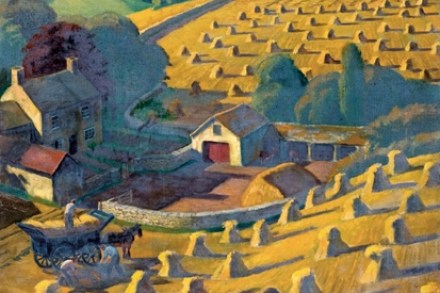I’m a middle-aged man and I love colouring books
A few years ago, you may remember, the distressing news went round that George W. Bush’s library had burned down. Both books had been destroyed, and what was worse he hadn’t yet finished colouring one of them in. The gag relied on a snobbery about what is in truth a wonderful and noble activity. The moment my son became old enough to use colouring-in books I was reminded of just how relaxing they are. Choosing the right colour, drawing the initial line that somehow seems to stop you going over the edges (how does that work?), getting annoyed when your three year-old goes over the edges. Ah, the joy of





















